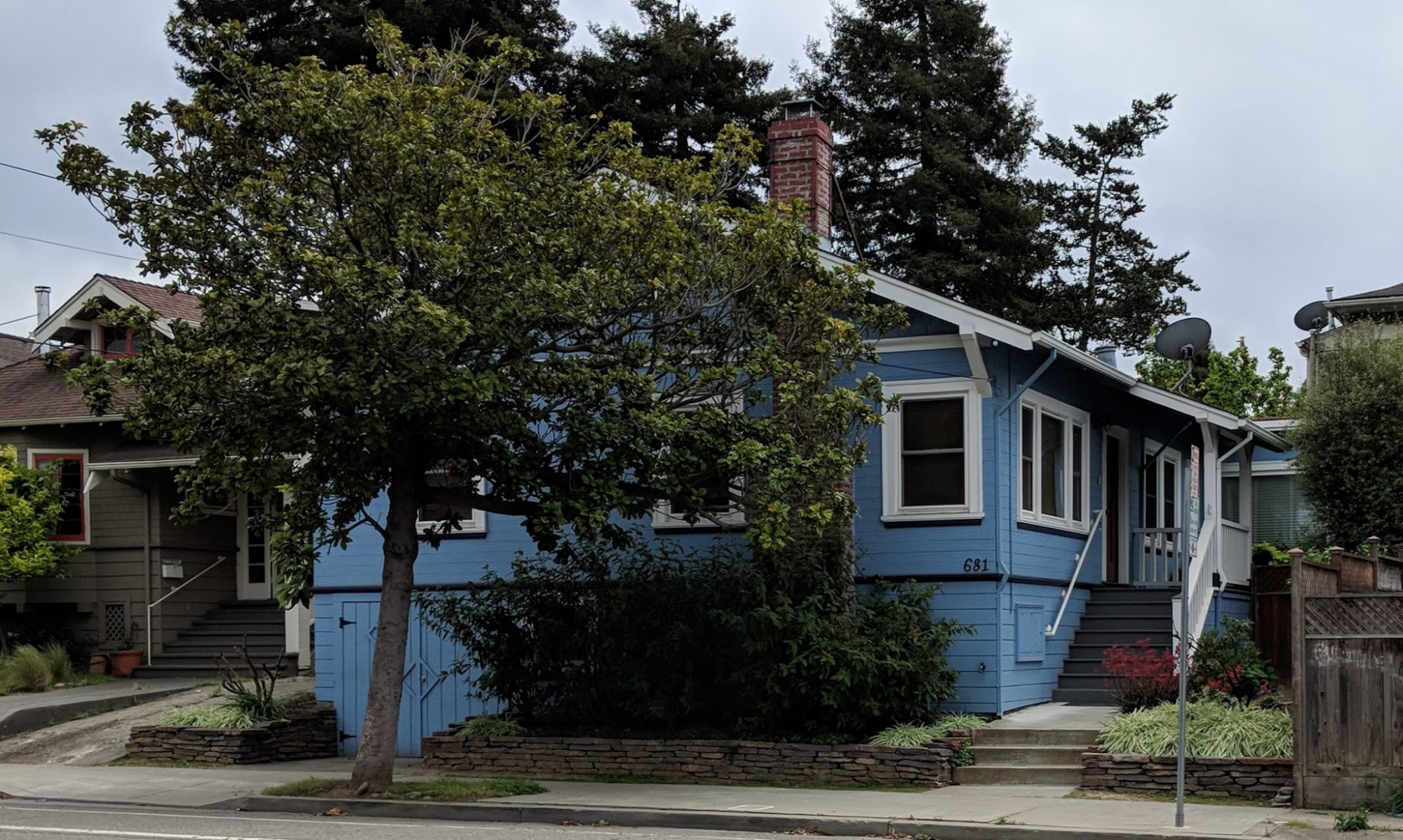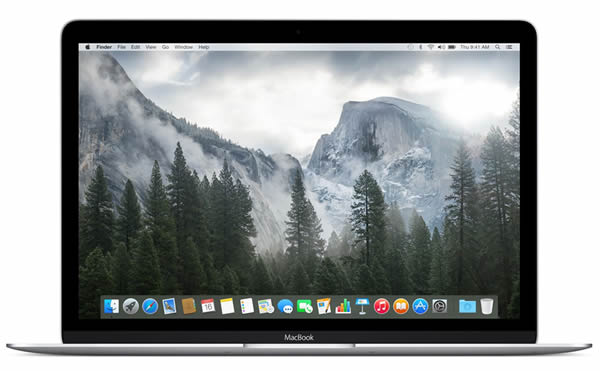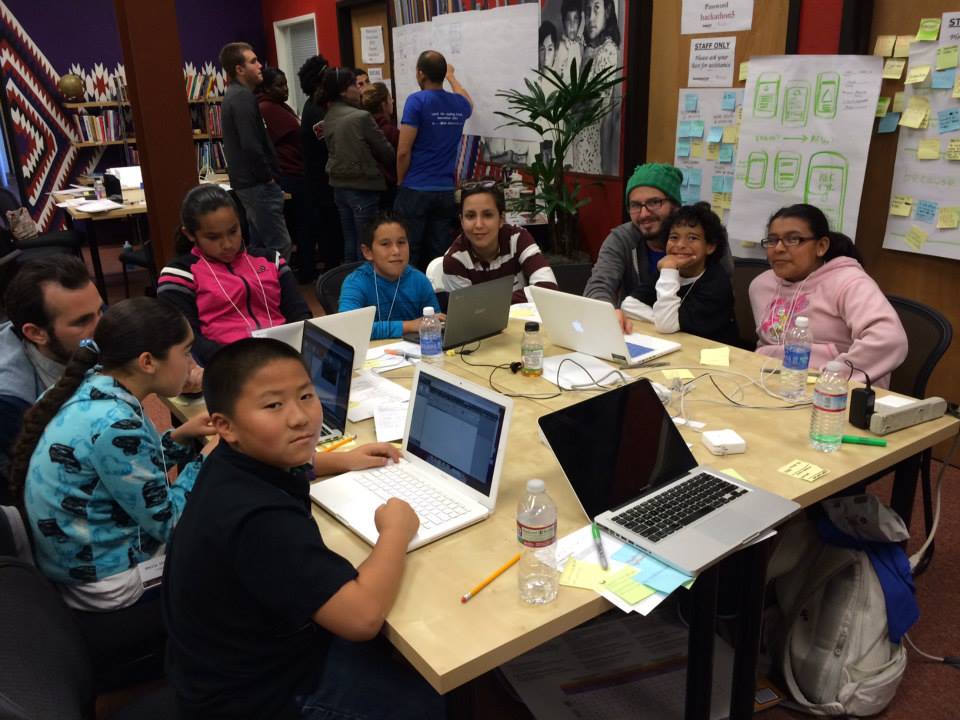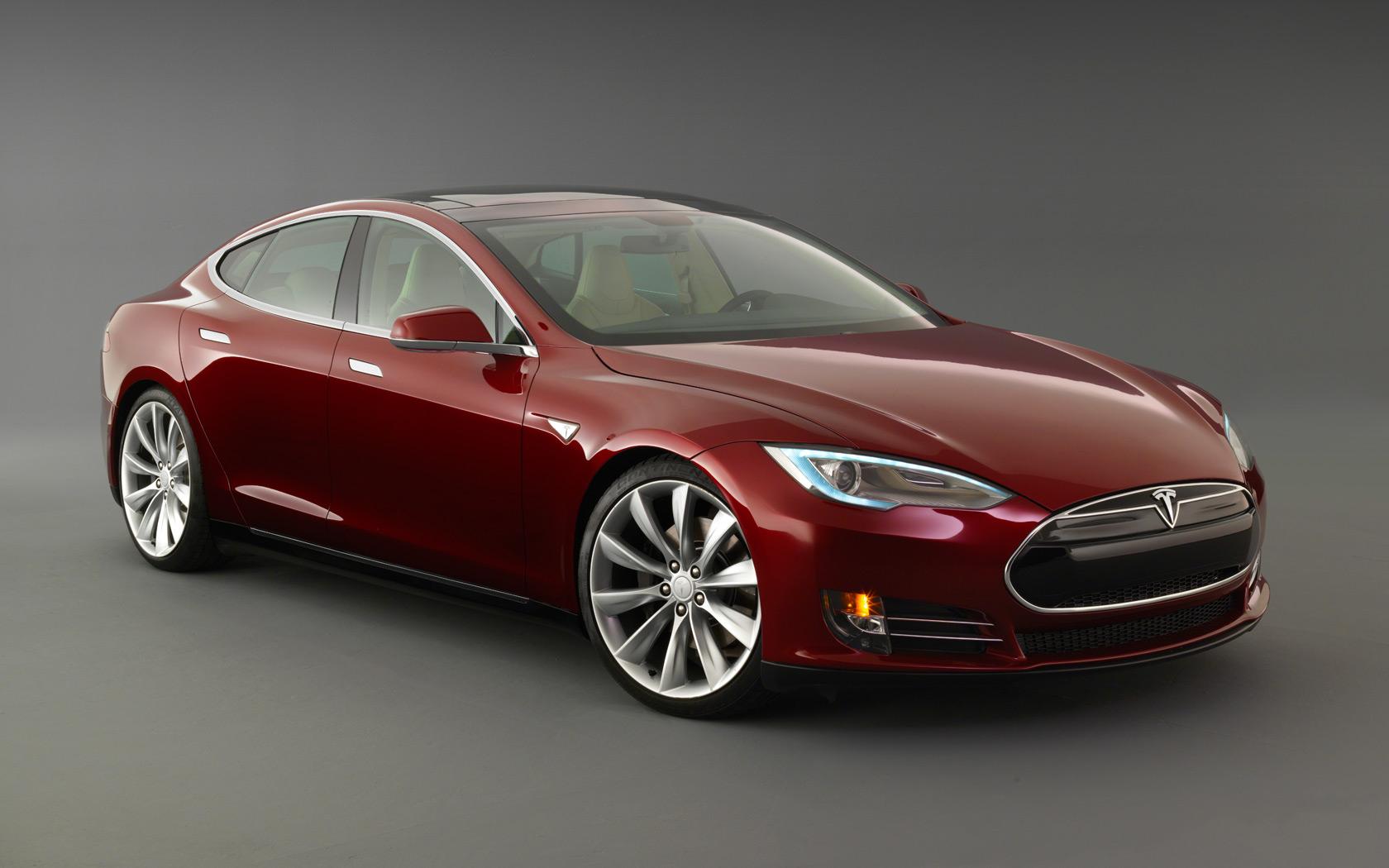Today's (2015) computing environment sure is exciting and confusing. Lots of different innovations coming all together with processors, display, storage, batteries, "form factors", platforms, and Internet speeds. It sure makes buying computing capabilities really tough and forces you into thinking what is it that you really need to do. Are you buying too much or too little in computing power? Here's where I think we are and where we might go.
Hardware
With hardware we're looking at Broadwell and Skylake processors coming out this year, 128GB+ micro SDs, more and cheaper cloud storage, 4K and higher displays, alternative inputs Myo/Leap/Siri/Cortana, 2-in-1 computer/tablets, more tablets, phablets and chromebooks, smarter TVs or tv dongles, more of all sorts of "wearables", more of connected home devices like thermostats, cameras, irrigation control, lights, and better basic computing learning tools like updates to Raspberry Pi and Arduino kits. We'll also see more of 3D VR…and drones!!!
The most interesting to me is less emphasis on processing speed and more emphasis on different "form factors", battery life, and capabilities. We used to care about getting the fastest computer available. In a lot of instances, a Chromebook or a tablet might be all you need these days.
So, the big marketing push seems to be the 2-in-1s and cheaper laptops like Chromebooks. It's hard not to think that previous more powerful gen Windows laptops and MacBooks aren't anything more than glorified Chromebooks considering all the time we spend in a web browser for most things. Anyway, going to be quite a fight and I'll be interested to hear what China has to say.
Software/Platforms
The Web is still the platform to beat although Windows (Windows 10 in Jan), Mac OS X (10.11) Android (5.0 Lollipop), iOS (8.1) sure are pushing hard and there's really no marketing for the Web as a platform. It's a tough thing.
From a dev standpoint, you're building your app for iOS and then Android both with a web backend and a web frontend as fall back. You're no longer building a Windows or Mac OS X app unless you really have the time, money, and resources but knowing your app is accessible via Firefox, Chrome, Internet Explorer, and Safari is enough.
HTML5 especially the video components should really start taking this year and maybe we'll see HTML5 videos on sites like ESPN.
From an app standpoint, more of the same in terms of people trying to regurgitate already popular apps. We'll see more ello, Strings (messaging app), more games, same stuff, same and new people, just with a little twist. It all still boils down to the quick, cheap app purchase or monetizing (via ads) of hosted content that people upload (posts, comments, videos, photos, documents, etc).
Bundling/Unbundling – the suites are the thing
The stack fight – Windows, Apple, Google, the rest continues to be fascinating. And marca and Jim Barksdale's theory of bundling/unbundling to make gobs of money still rings true.
The original productivity bundle Word, Excel, Powerpoint vs. Pages, Numbers, Keynote vs. Doc, Sheets, Slides vs. some random startup's app is quite the fight. You're adding Microsoft OneDrive vs. iCloud vs. Drive (and there's still Dropbox, Box, etc) makes you really wonder what you should use and where you should store your documents. The sleeper might be the note taking apps but I sure do love etherpads.
The creative bundle fight featuring photos, music, videos is even more fascinating (and probably more important/lucrative): iTunes, iPhoto, iMovie vs. Windows Music, Photos, Video vs. Google Play Music, Photos, YouTube vs. other web apps. This bundle seems to be more important because it's your photos and videos and it's personal. From a file management standpoint, it can't really get any more confusing especially when you add camera phones and auto upload features.
The final bundle features communication so email, text, phone/Internet phone/voice, social networking. Gmail, Hangouts, Voice, Google+ vs. Outlook, Skype, Socl? vs. Mail, Messages, FaceTime vs. Facebook, Twitter. The hidden fight within this bundle is single sign-on which comes with owning an ever improving profile boost. I don't know which among Facebook, Google, or Twitter is going to win this one.
The what's next bundle might revolve around health and fitness. It might be a general diagnostic app with health and medical records, a fitness app, and a diet app that all major players bundle together. A lot of signs are pointing to health and fitness as becoming the next bundle and of course there's also a lot of money available. There's also the trend that as tech folks age (Healtheon, WebMD, Revolution Health), we eventually turn our attention to health solutions. I'm interested to see if that trend holds up.
Wrap-up, Looking Forward to the Most
Gigabit Internet, Skylake processors, faster/better web browsers on multiple platforms, better recommendation engines, smoother integration/flows, and overall smarter web apps that will make life more enjoyable, help us spend more time with people we care about, and help us to make money are the innovations I care about the most. An 85" 4k, OLED, curved tv isn't really going to get me there but it's still nice to know they'll be a few of those at CES.
Being healthy, getting stronger/faster, hanging out with family and friends, eating great food are more interesting to me. How computing plays into that is the question.









